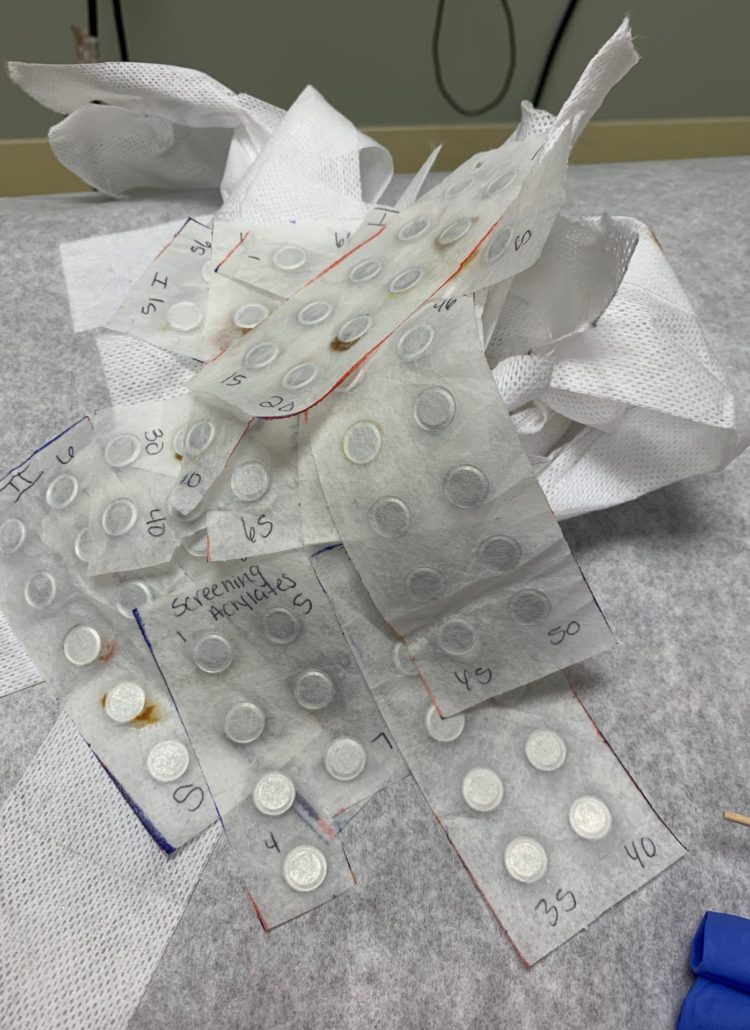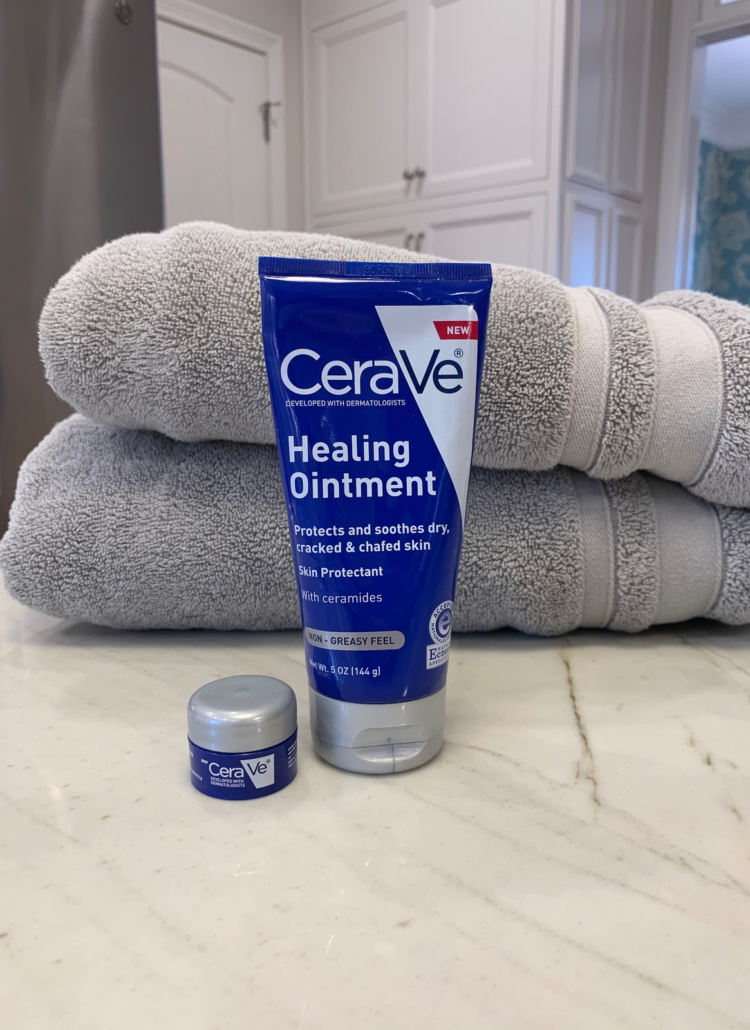WHAT IS ALLERGIC CONTACT DERMATITIS?

Allergic Contact Dermatitis (ACD)
Allergic Contact Dermatitis is a Type IV Delayed Hypersensitivity Reaction of the Immune System
- Affects 14.5 Million Americans yearly
- It ranks among the top 10 reasons people visit primary care offices
- Most common reason for work-related disability
Allergic Contact Dermatitis (ACD) is a form of dermatitis caused by a allergic reaction to a specific allergen. When this allergen comes in contact with the skin, a reaction develops. These reactions can range from flaky, scaly eyelid dermatitis to cracks and painful peeling of the skin on the hands and many reactions in between. This allergen is completely harmless to people who are not allergic to it.
ACD affects large portion of population
Allergic Contact Dermatitis is actually pretty common in the general population. Many have no idea their dermatitis reaction is caused by products and foods in their environment they have used for years and now are sensitized to. ACD is more common in women than in men and this is most likely due to beauty products and jewelry we wear. Many young children also have ACD.
Iʼm sure youʼre asking, what causes ACD and how can I protect myself and my family from living a life with allergic contact dermatitis. ACD is a Type IV delayed hypersensitivity reaction of the immune system. Type IV hypersensitivity is a T-cell-mediated hypersensitive reaction. The inflammation and potential tissue damage is caused by T helper cells and/or cytotoxic Killer T cells.
Reactions occur 24-72 hours after exposure
Reactions occur anywhere from 24-72 hours after exposure to the allergen and as a result, this makes discovering your allergen near impossible without the help of a Dermatologist who specializes in ACD. You may want to blame this thing you touched a few minutes ago for your itchy rash, but really you need to look at yesterday or the day before. The reaction mechanism involves CD4+ T-lymphocytes.
They recognize the antigen (allergen) on the skin surface and then they release cytokines. These cytokines activate the immune system and this is what causes the dermatitis. Iʼm not a medical practitioner and didnʼt go to medical school so this all seemed CRAZY to me and a little challenging to figure out. To really understand it in a very simple way, watch this video Type IV Hypersensitivity (cell-mediated) – causes, symptoms, treatment & pathology video on YouTube.
Delayed Hypersensitivity
Discovering what your specific allergies are can prove to be a nightmare due to the nature of a delayed response. The best way to uncover your specific Allergic Contact Dermatitis allergies is with an expanded patch test done by a allergic contact dermatitis dermatologist. Finding one in your community can sometimes prove challenging. Many dermatologists are offering the True Test, a patch test of about 42 items.
While I want everyone to be patch tested and one is better than none, I strongly encourage you to find a patch test dermatologist who is tests more extensively. They are out there and this is really the only way to live reaction-free. When you locate a specialist in your area, please be sure to ask if they test for at least 75 allergens or more. For an extensive list of these life saving patch test specialists, please visit this site.
My reactions vary by allergen
While Iʼm not a medical practicioner, and do not provide medical advice, I am quickly becoming an expert in the field of allergic contact dermatitis for my allergens. After living with it for more than 13 years, I am mostly reaction-free today and am excited to help others find a reaction-free lifestyle as well.
My reactions can range from severe eyelid dermatitis where my eyelids get chemical burns and the skin becomes thick and flaky (my contact lenses used to cause this as well until I discovered disposable lenses! Itʼs miserable!) to a reaction I can get on my hands. They become white and flaky. It looks similar to dry skin, but comes on intensely and does not go away with an emollient moisturizer. I also get a damaged, dehydrated skin on my face about 12-48 hours after consuming fruits or spices Iʼm allergic to and sometimes pimple-like bumps show up as well.
Intense Itching not the only reaction
In this paragraphs, I am going to describe the intense itching I mentioned earlier. It is something that shows up when my environment is overexposed both with foods and products my immune systems sees as allergens. I have also had Irritable Bowel Disease before I began to eliminate foods with my Balsam of Peru elimination diet. The other sypmtoms I had before my BofP elimination diet was intense reaction to cold (sleeping with 3 blankets and still couldnʼt get warm), intense anxiety and worry, extreme exhaustion and terrible hair-loss.
After cleaning up my diet, these symptoms are gone (and my hair is growing back!!! YES!). My fragrance allergies cause me to be very hypersensitive about my environments. When I come in contact with someone elseʼs perfume or shampoo or aftershave, I begin to cough and my breathing gets shallow. I begin to itch. Itʼs miserable. I have these same reactions when I visit stores using essential oil diffusers or friendʼs homes fragranced with candles. You can see some pictures of my reactions over the years.
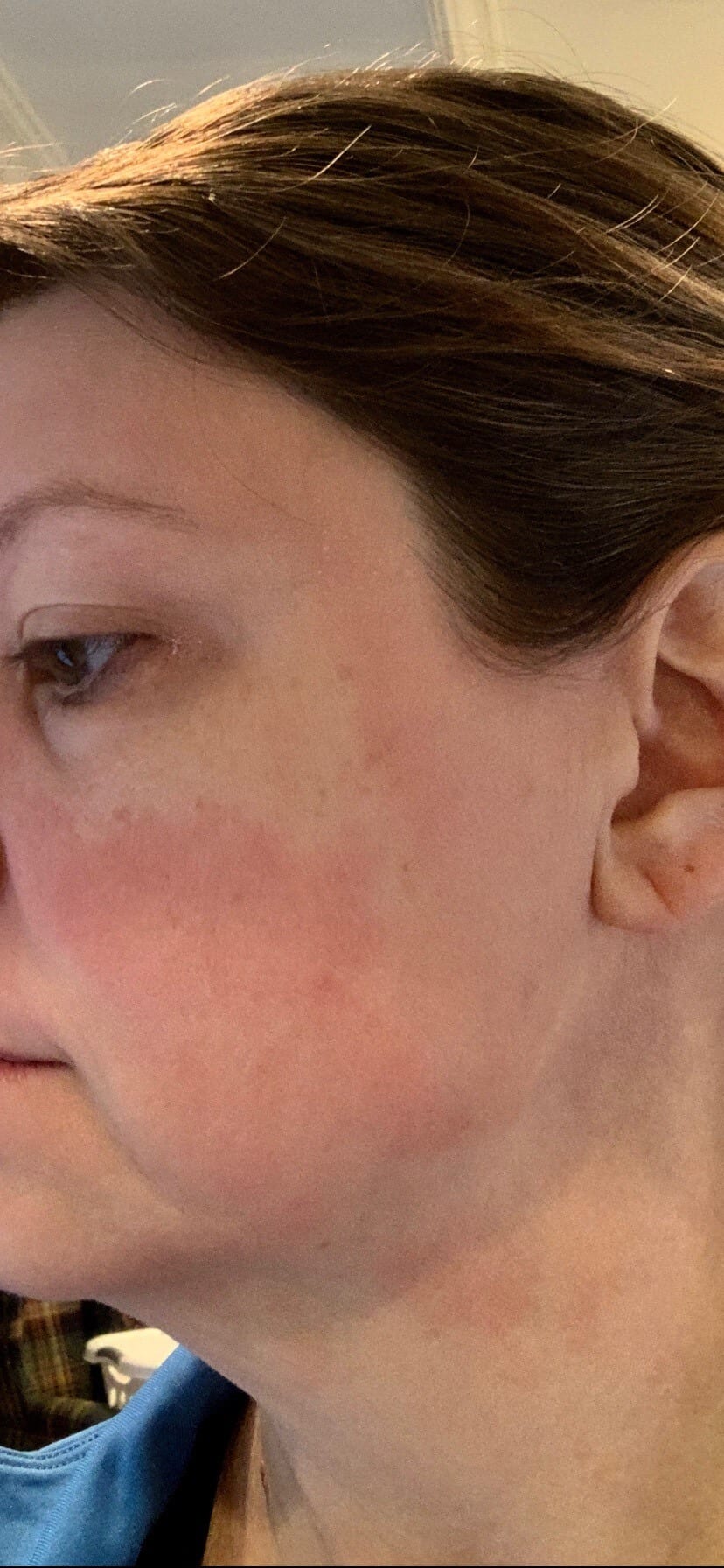
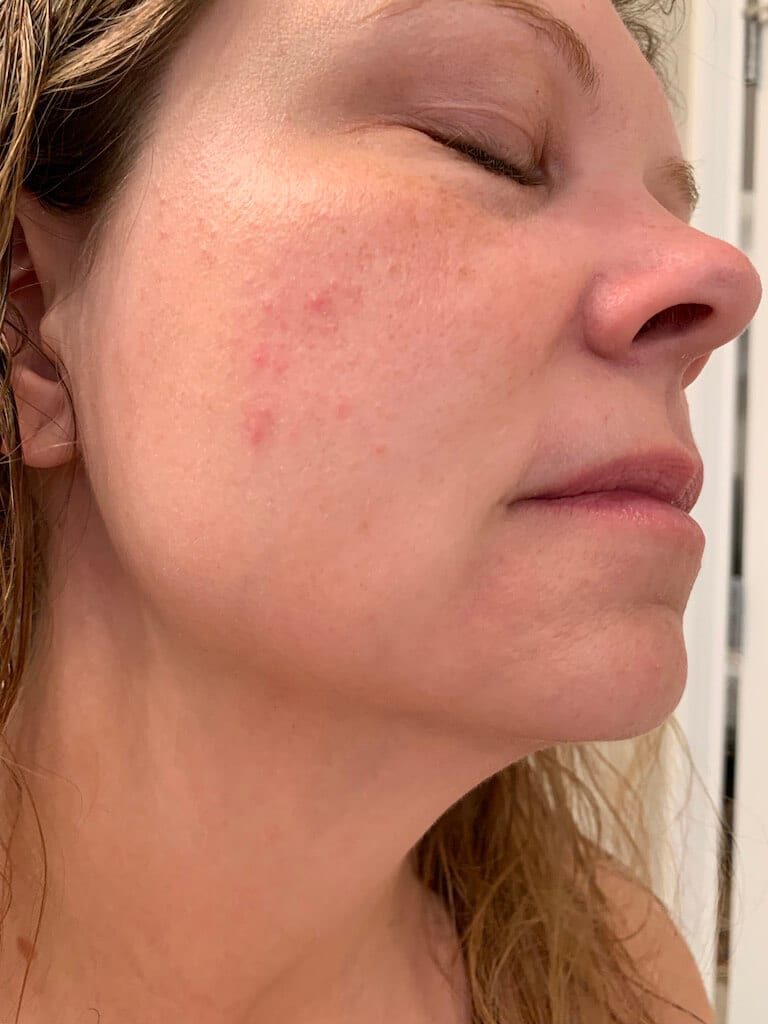

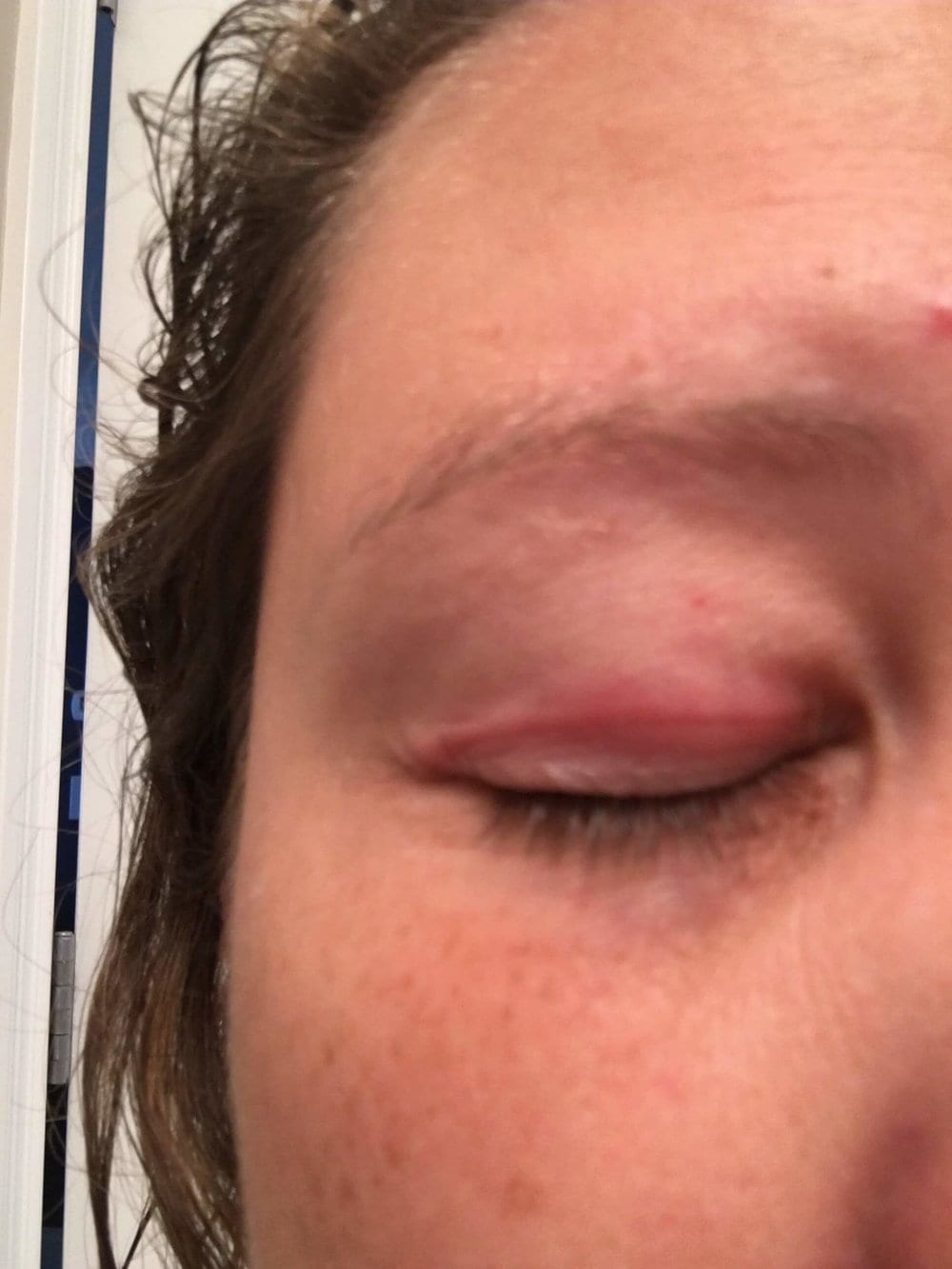
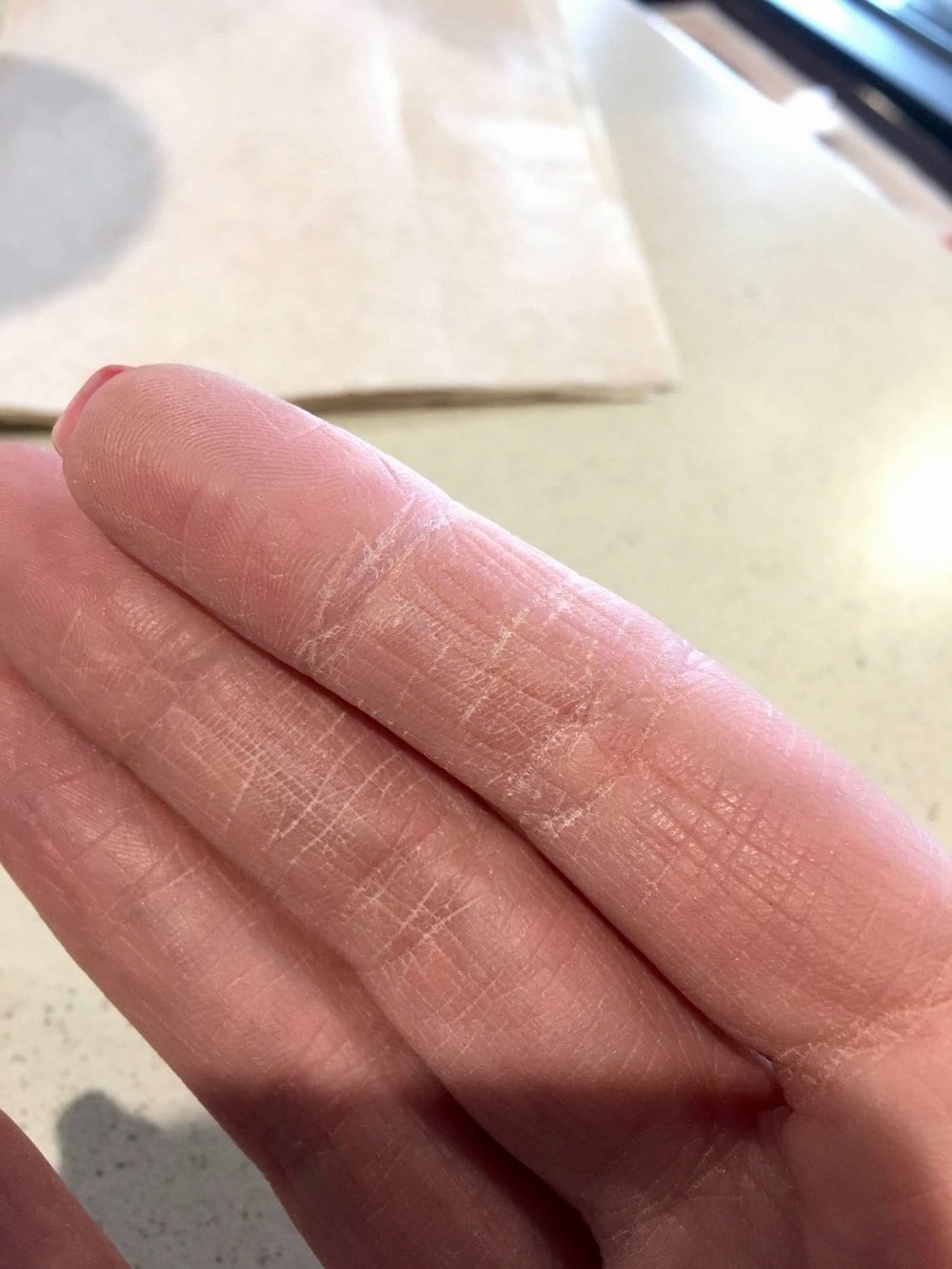
ACD is becoming an epidemic that is growing at a quick pace. Dr. Sharon Jacob wrote an alarming blog post about it. You can find it on her website, Dermatitis Academy.
My list of Allergic Contact Dermatitis allergies
- Balsam of Peru (Myroxylon Pereirae)
- Fragrance Mix I
- Formaldehyde and itʼs releaser
- Sodium Gold Thiosulfate (gold jewelry)
- Cinnamic Aldehyde
- Propolis
- Tincture of Benzoin
- Sodium Metabisulfite
For a list of all recognized allergens that contribute to allergic contact dermatitis, please visit this comprehensive list
You may also enjoy reading…
Wellness
What is a patch test?
Pro Tips Helpful hints for a thorough patch test Photo Day 1 of a dermatology patch test I get many questions about allergic contact dermatitis through this blog and on social media. It can be very confusing, especially…
Best Mascaras for Sensitive Skin of 2023
Hey there! If you’re like me, mascara is a total game-changer in your makeup routine. Seriously, just one swipe and my eyes look more awake and youthful. It’s amazing how a simple tube of mascara can do that!…
How to use Glycolic Acid for sensitive skin
If you’ve ever had a bad experience with a chemical peel in the past, you’re not alone. About eight years ago, a spa-administered chemical peel containing sodium benzoate left a lasting impression on my eyelids—literally! Since then, I’ve…
Delicious Creamy Chicken Vegetable Pasta
I receive requests almost daily to share what I eat in a week with my family when I am avoiding balsam of Peru in my diet. While many times I reach for a very simple meal for myself…
Healing Ointment for Winter Chapped Skin
The winter months can be rough on your skin. The air is dry and the sun isn’t as strong as it is during other times of year, so it’s easy for your skin to get chapped. I’ve found…
Thankful for our blessings
The wreath I chose for this Thanksgiving holiday is made from artificial flowers and does not bother my flower allergy.

